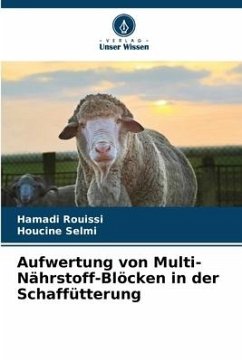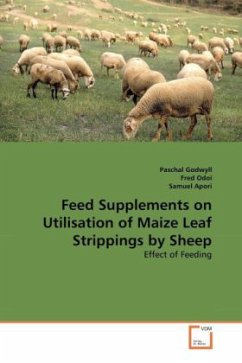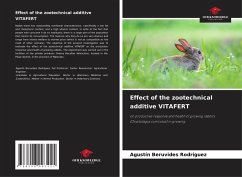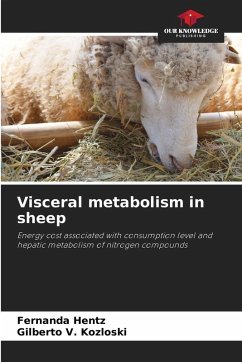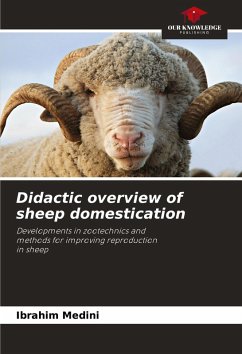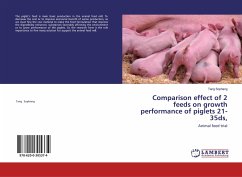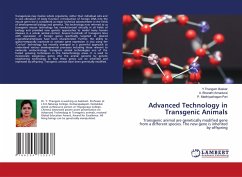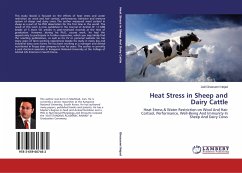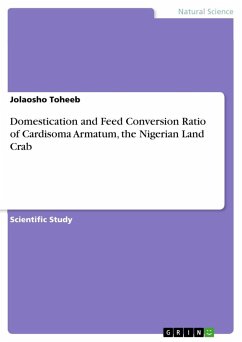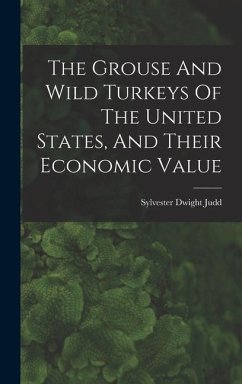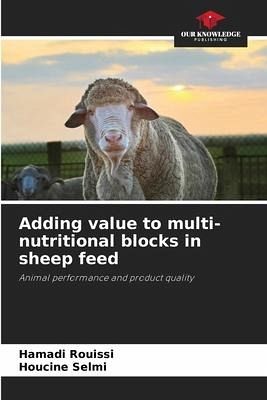
Adding value to multi-nutritional blocks in sheep feed
Animal performance and product quality
Versandkostenfrei!
Versandfertig in 6-10 Tagen
40,99 €
inkl. MwSt.

PAYBACK Punkte
20 °P sammeln!
Every year in Tunisia, livestock farmers face a shortage of feed for their animals, while the number of head continues to rise. Concentrated supplements are expensive and difficult to obtain. By contrast, multi-nutritional blocks, made from local agro-industrial rejects, are much cheaper. In addition, compensatory growth (nutritional restriction followed by a period of re-feeding) is a classic strategy for keeping farming costs down.Could feed blocks replace manufactured concentrate supplements without compromising lamb performance? What effect would they have on carcass and meat quality? Our ...
Every year in Tunisia, livestock farmers face a shortage of feed for their animals, while the number of head continues to rise. Concentrated supplements are expensive and difficult to obtain. By contrast, multi-nutritional blocks, made from local agro-industrial rejects, are much cheaper. In addition, compensatory growth (nutritional restriction followed by a period of re-feeding) is a classic strategy for keeping farming costs down.Could feed blocks replace manufactured concentrate supplements without compromising lamb performance? What effect would they have on carcass and meat quality? Our experiment aims to verify the effect of administering multi-nutritional blocks based on olive pomace (32% oilcake) and compensatory growth on the lambs' zootechnical performance (weight gain, average daily gain, feed intake and feed conversion ratio) and on the quality of the carcass and meat they produce.



